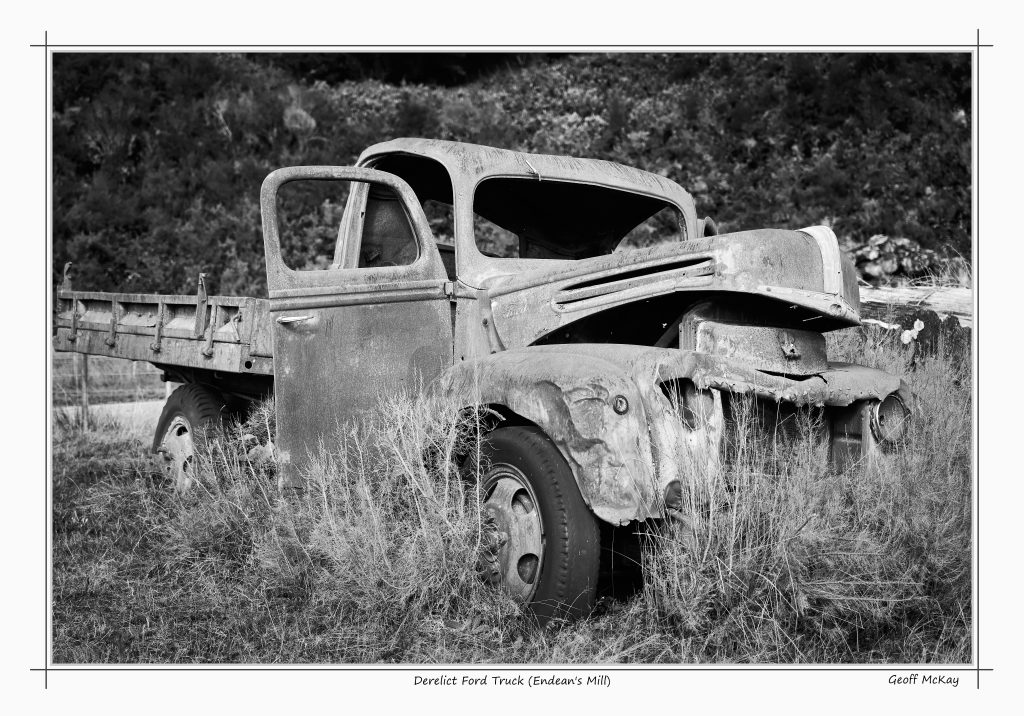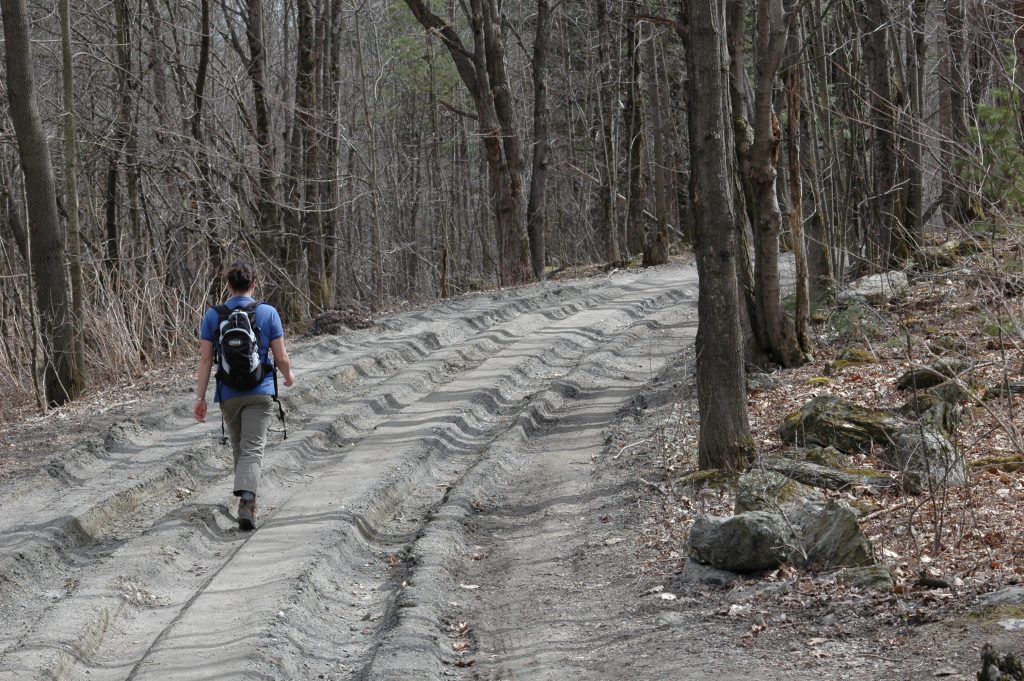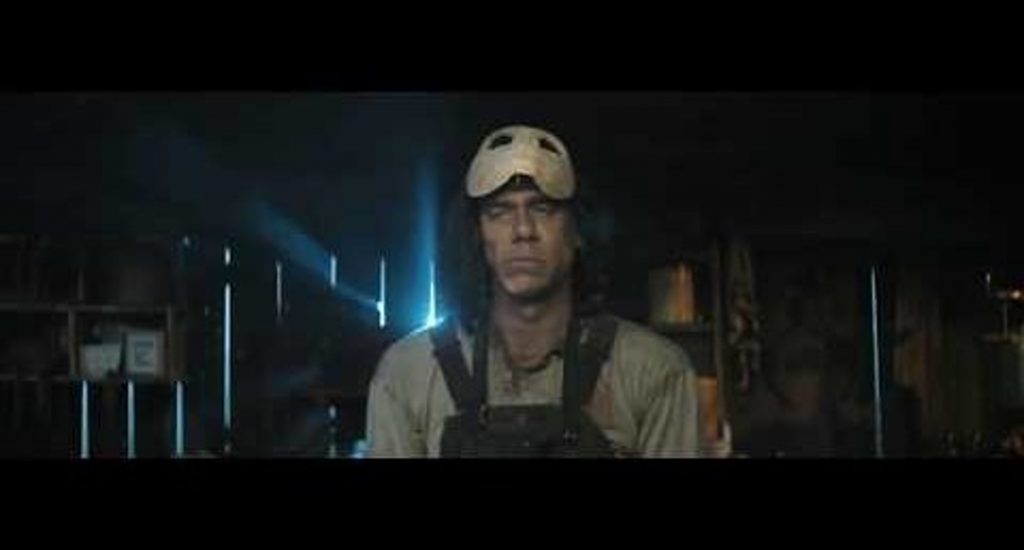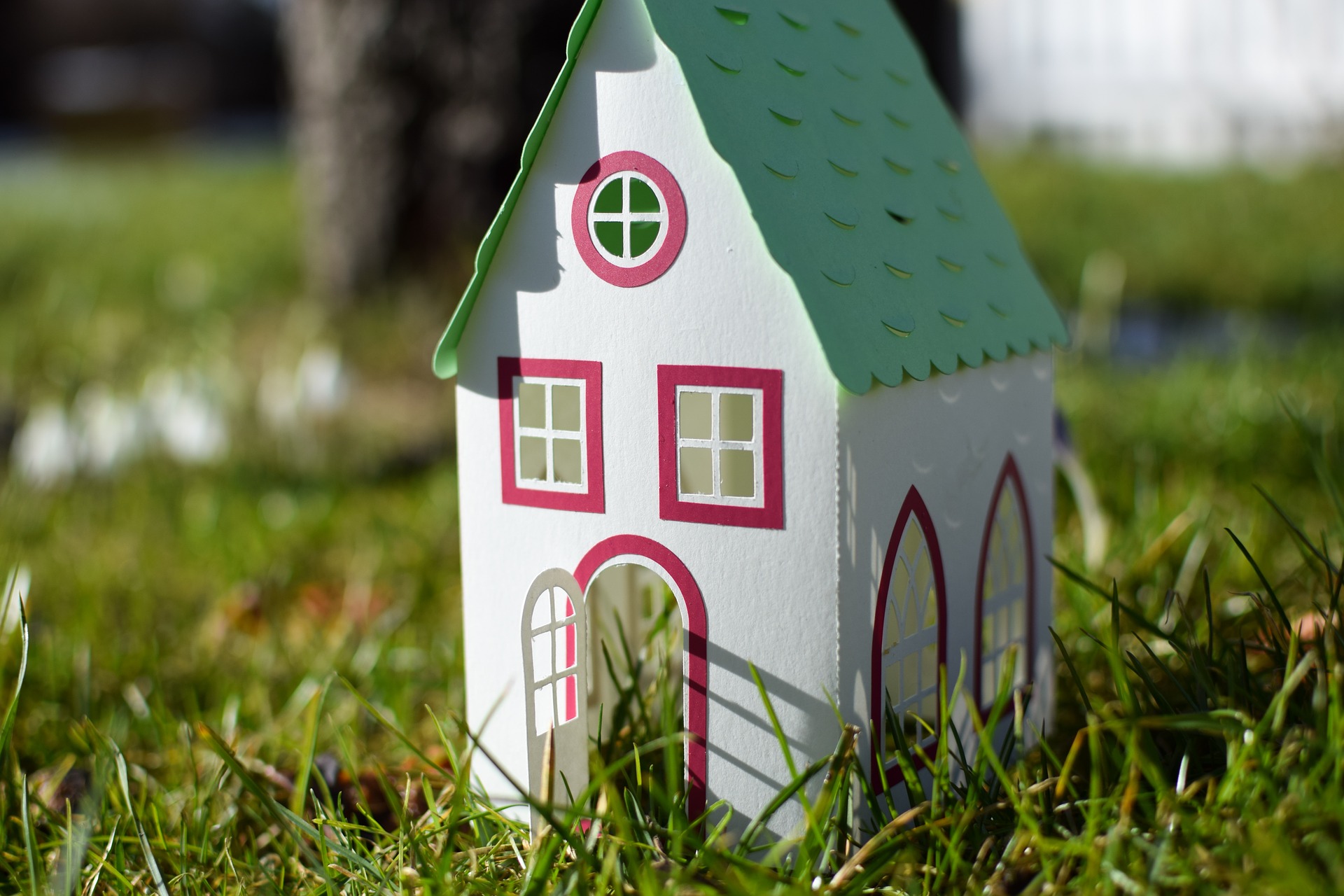How Do You Know When You’ve Found It?
The past couple of weeks we’ve been discussing the importance of building your business on a solid foundation and what this looks like. Last week, we explored how your why is what the foundation sits on and ways to find your why.
Your “why” is who you were made to be. It is your purpose.

Four questions that can help you find your why are –
- What makes you come alive?
- What are your innate strengths?
- Where do you add the greatest value?
- How will you measure your life?
In addition to these questions, I think a good way to determine if you have found your God given purpose is answering this question:
If you could do anything you wanted to…what would it be?
Time and money are not a restriction. You have all you need of both. You have the freedom to do anything you want. What would it be?
Let your mind go. Dream big. The sky is the limit. Don’t hold back. What is the one thing that would make you the happiest? The one thing that you would get the most enjoyment out of doing.
I think finding and living in this sweet spot is when you know you’ve found your why. When your vocation feels more like fun than work…you’ll know you’re where God intends for you to be.

I love helping people find solutions for building their dreams. Helping construction companies build better businesses. This is done with systems and training to achieve the success that they’re searching for. Helping construction customers build their dream project through construction and navigating the overwhelming process.
I love what I do so much that I would rather do this than anything else.
Another way to know you’ve found your “why” is when you’re working all the time. This is something that I used to struggle with. Often a workaholic is just someone who has found their why.
This is taking your why too far.
Earlier I told you to pretend time and money were not a restriction. Well, they are. This is why people who are doing what they love and doing it all the time need to put up some barriers.
I used to work late into the night and get up and do it again the next day. Day after day. The problem was that my family did not get the attention they should have.
That’s when I took some intentional action and scheduled family Sunday as a day of rest. Siblings, nieces, and nephews get together for lunch after church at Mom’s. Sunday evening is scheduled for family movie time. Friday is a scheduled lunch date with my wife.
Not only is time a restriction, but so is money. But, probably not in the way you would first expect. My money struggle is…I would do what I do for free. The problem is this isn’t a very good business plan. I’m continually reminding myself that I need revenue to pay the bills.
When you love what you do this much, you’ll know you’ve found your why. Loving what you do is the ground that your business is built on.
This is where your success will begin. Finding your why is the key to unlocking your success.






















 The tiny house epidemic has gone crazy. I understand the whole idea of living simply and downsizing. I even find the challenge of figuring out how to get the most function out of the small space fascinating.
The tiny house epidemic has gone crazy. I understand the whole idea of living simply and downsizing. I even find the challenge of figuring out how to get the most function out of the small space fascinating.